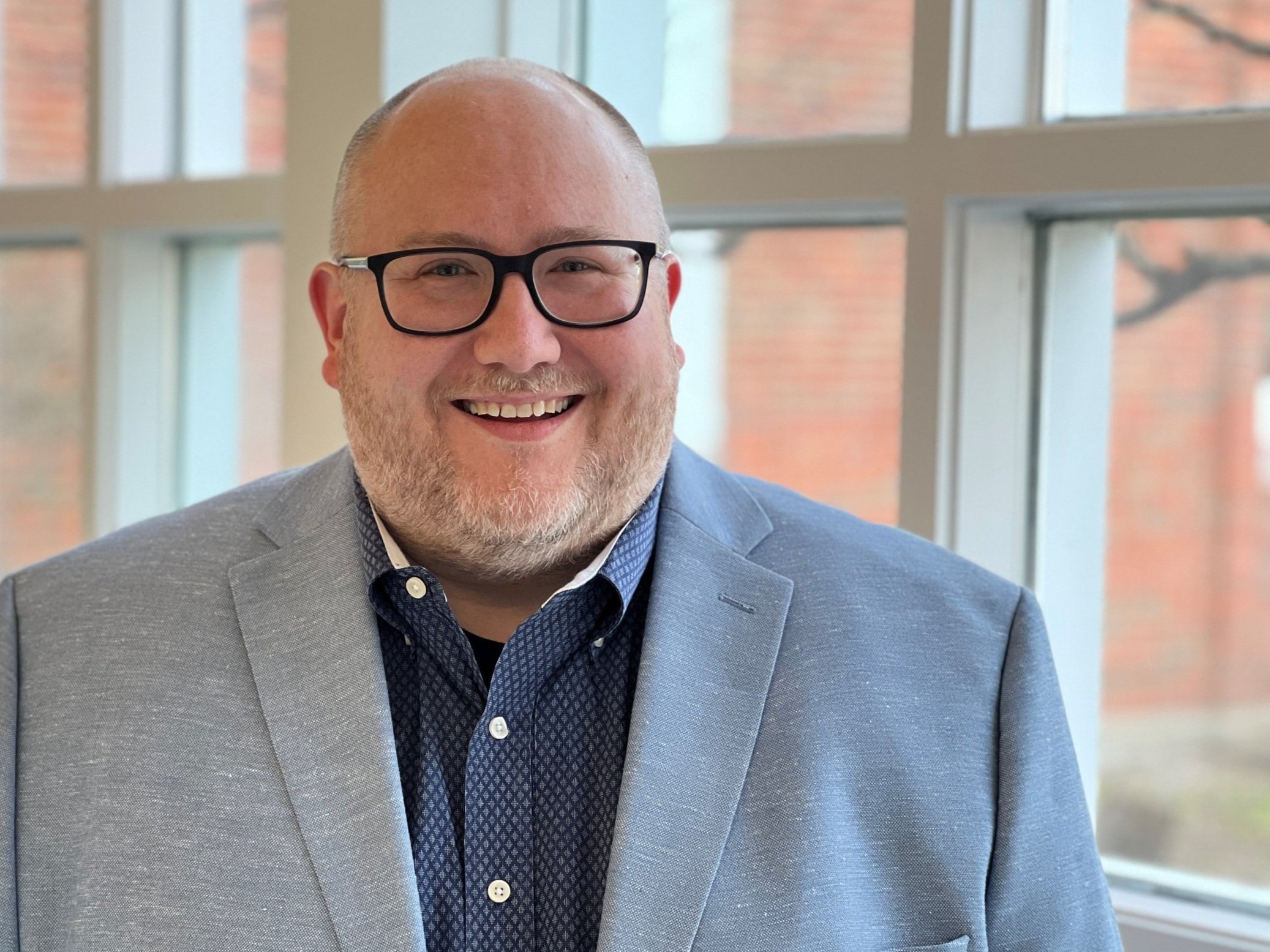Pastor’s Note
Discipleship
Dear Cornerstone UMC Family:
There is a difference between being a religious person and being a Christian. There are plenty of religious people in our world who are not Christians. In the same way, there are plenty of Christians who are not disciples of Jesus Christ.
You see, being a disciple of Jesus Christ doesn't appeal to everyone. It takes effort. It takes sacrifice. It takes humility. It takes curiosity. It takes a genuine desire to love God and other people with more of one's heart, mind, and soul each day of their lives.
Being a disciple of Jesus also means surrendering to God's ways. And, in my experience, there are a lot of people, including many Christians, who really aren't interested in giving up control, changing their lives, or loving others like Jesus did. They're content to be "fans" of Jesus instead of followers of Jesus. And God loves them too!
Who Is a Disciple of Jesus Christ?
A disciple of Jesus Christ is someone who is striving to better love God and other people through their daily prayers, their regular presence in worship, their financial support of the mission of the church, their service to those less fortunate, and their witness to God's love and grace.
To be clear, disciples of Jesus aren't perfect. They are flawed like everyone else, make mistakes, and in need of God's love and grace.
The distinguishing characteristic of a disciple of Jesus is that they place their desire to love God and other people above their own preferences, their own politics, their own upbringing, and everything else.
Make no mistake, being a disciple of Jesus Christ is challenging and holy work. It's also the most rewarding, fulfilling, and beautiful journey of growth we can embark upon. By surrendering to God's plans and purposes for their lives, disciples make space for growth, discovery, and God's abundant blessings.
In just one week, our entire congregation will have an opportunity to offer God their discipleship goals for 2025 using the spiritual practices of prayer, presence, financial gifts, service, and witness. I hope you will choose to participate in this discipleship journey and experience the growth that awaits you.
Coming this Sunday!
During the month of October, the people of Cornerstone UMC are exploring the importance of becoming more deeply rooted in love, hope, discipleship, and community through a 4-week sermon series titled “Rooted in Faith.”
This coming Sunday we’ll look at how we can be more “Rooted in Discipleship” as followers of Jesus Christ.
Regardless of our stage of life or how long we’ve been a Christian, each of us has room to grow in the ways we love God and love others as Jesus taught us.
Please take a look at James 1: 19-24; 26-27 and come ready to learn and grow.
I hope to see you in worship this Sunday at 9a (classic in the Sanctuary) or 10:30a (modern in The Corner). If you can’t make it in person, please worship online at csofallon.org/worship.
Peace,
Rev. Jim Peich
Lead Pastor – Cornerstone UMC
pastor@csofallon.org

